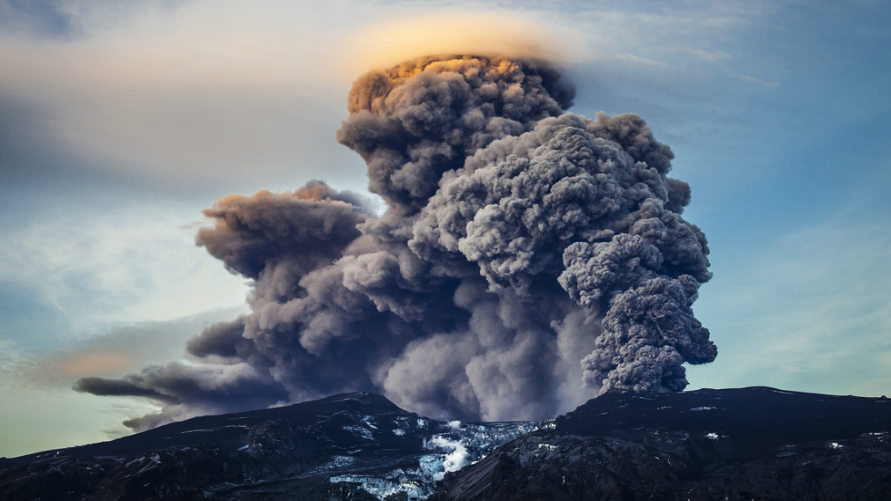Iceland’s Democratic Recovery from Financial Disaster
President of Iceland Ólafur Ragnar Grímsson explains how shocked Iceland was to find itself in the midst of financial ruin during the 2008 worldwide economic crisis. The small nation had followed the lead of the United States and Europe by deregulating its financial sector. The consequences of such an action led it to the brink of an economic meltdown. The peaceful, democratic Icelandic people were shocked to see their prosperous status quo interrupted by panic and unrest.
“Iceland is one of the most democratic and secure societies in the world and we’ve always conducted everything through peaceful dialogue and discussions, but suddenly we had riots, we had demonstrations. There were a fire burning in the center of Reykjavik, the police had to defend the Parliament and even the central bank”
In today’s featured Big Think interview, President Grímsson discusses how financial unrest can threaten social cohesion and why Iceland’s swift recovery from the crisis of six years ago can be attributed to its unfettered democratic values:
"[Iceland] is, I believe, the only location where the democratic will of the people was deemed to be more important than the perceived financial interests of the markets."
When it came time to formulate policy to help Iceland emerge from financial ruin, the nation's leaders chose to eschew the orthodoxy of crisis-mode economic management. They didn't save the banks. They chose to devalue their currency. They refused to introduce austerity measures of the scale that had been deemed to be absolutely necessary in the decades before. And when there was pressure from European nations for the taxpayers to take on the debt of a failed Icelandic bank in Britain and the Netherlands, Grímsson put the decision to a referendum.
"Now we know the outcome six years later that Iceland, having been the exhibit number one of a failed financial state is now exhibit number one in Europe of a recovery from a financial crisis."
The takeaway for Grímsson is that choosing to divert from orthodoxy led to Iceland's quick and total recovery. The country has thrived because he and his fellow leaders chose to value the will of the people over the interests of the financial sector. Economic growth is at 3-4%, unemployment is at 4-5%, and many of the major business sectors are doing better now than they were before the crisis. Grímsson offers this as a lesson for other nations that find themselves in a position similar to where Iceland was in 2008.
President Grímsson's is co-founder of Arctic Circle, a non-profit, non-partisan open assembly focused on Arctic issues.





